White Appointed to U.S. Department of Education Advisory Committee
Courtesy of the College of Education, Health, and Human Sciences (August 25, 2023)
CEHHS Faculty Member to Provide Recommendations Regarding Educational Needs in Appalachia
Rachel White, an assistant professor in the department of Educational Leadership and Policy Studies (ELPS) in the University of Tennessee, Knoxville, College of Education, Health, and Human Sciences (CEHHS) will serve as a member of Regional Advisory Committee (RAC) for Appalachia for the U.S. Department of Education. Her term will begin immediately.
During her term on the committee, White will provide advice and recommendations concerning educational needs in the Appalachian region and how the needs can be most effectively addressed. The Appalachian Region RAC covers Kentucky, Tennessee, Virginia, and West Virginia. It is one of 10 regional committees established by U.S. Secretary of Education, Miguel Cardona.
After six months, each RAC will submit a report to Secretary Cardona who will then establish priorities for the comprehensive centers to address, taking into account these regional assessments and other relevant regional surveys of education needs.
White’s scholarly research focuses on power and voice in education policy and implementation processes. Her scholarship has been featured in nearly 30 academic publications as well as Education Week and The Conversation. In addition, White has an extensive background in education at the local and state levels, serving as a school board member and as an analyst for a statewide superintendent association where she interviewed and surveyed policymakers, teachers, and school administrators.
“I’m honored to have been selected to serve in this capacity where I can share my professional experience and research expertise in order to improve the educational experiences of students in Appalachia,” said White. “I’m eager to seek out, hear, and elevate the voices of students, educators, and education stakeholders in the region.”
Through its eight departments and 12 centers, the UT Knoxville College of Education, Health, and Human Sciences enhances the quality of life for all through research, outreach, and practice. Find out more at cehhs.utk.edu


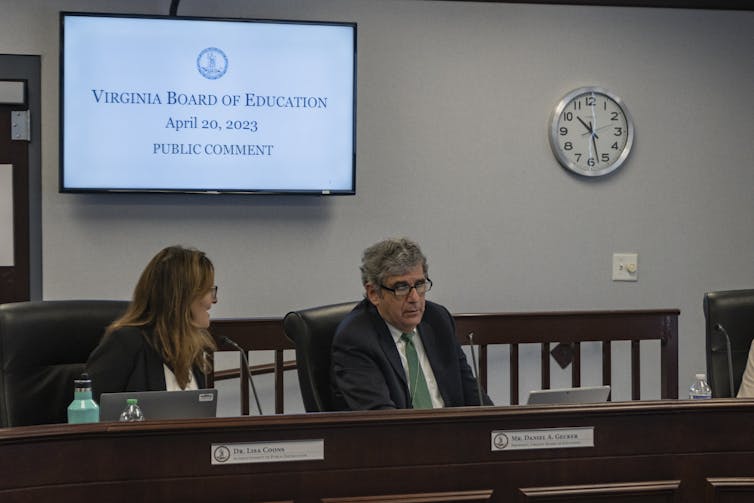
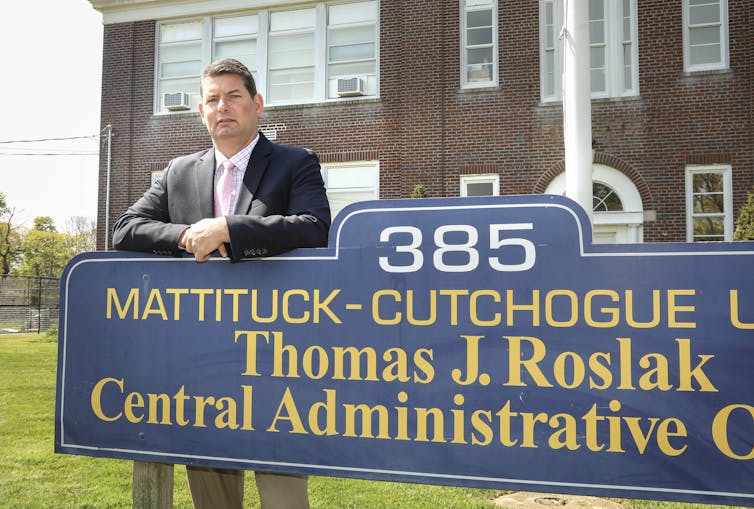
















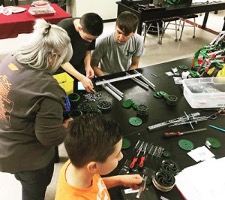


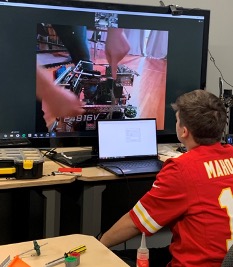
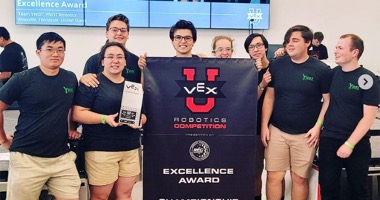
 Mary Dueñas has joined the College Student Personnel (CSP) program as the new program coordinator and is an assistant professor in the Department of Educational Leadership and Policy Studies. Dueñas holds her PhD from the University of Wisconsin-Madison in Educational Leadership and Policy Analysis. With publications in the Journal of College Student Development, Journal of Latinos and Education, International Journal of Qualitative Studies in Education, and Hispanic Journal of Behavioral Sciences, Dueñas’ research focuses on the Latinx college student experience. Her interest attends to critical and social processes that affect this student population, with the intent for the findings to inform how student affairs can and should work with these students to promote their success.
Mary Dueñas has joined the College Student Personnel (CSP) program as the new program coordinator and is an assistant professor in the Department of Educational Leadership and Policy Studies. Dueñas holds her PhD from the University of Wisconsin-Madison in Educational Leadership and Policy Analysis. With publications in the Journal of College Student Development, Journal of Latinos and Education, International Journal of Qualitative Studies in Education, and Hispanic Journal of Behavioral Sciences, Dueñas’ research focuses on the Latinx college student experience. Her interest attends to critical and social processes that affect this student population, with the intent for the findings to inform how student affairs can and should work with these students to promote their success.